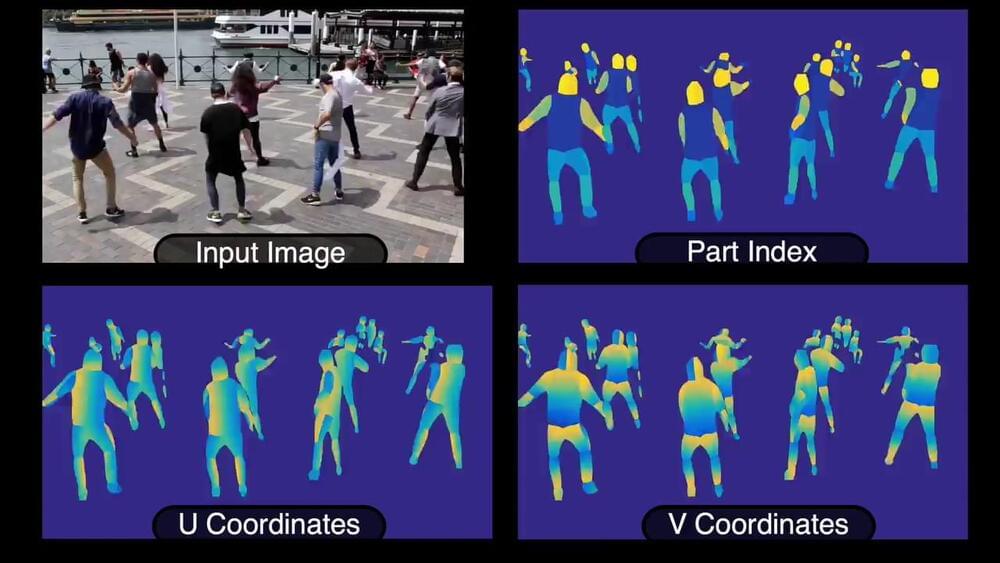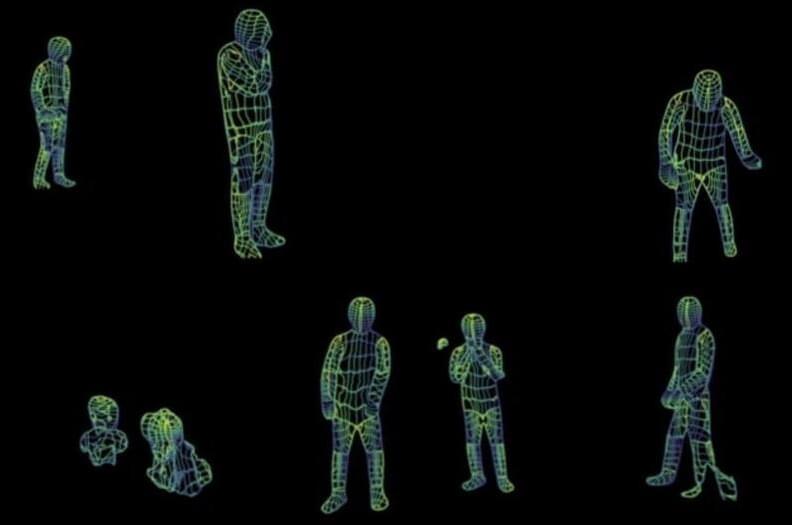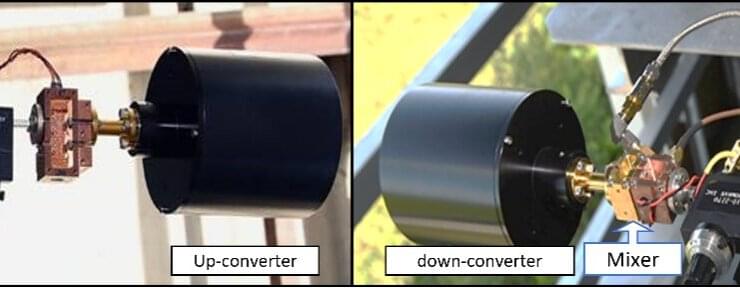Jan 24, 2023
How Much Does The Internet Cost To Run?
Posted by Quinn Sena in categories: internet, quantum physics, robotics/AI
Year 2012 The dwave quantum computers could essentially host the entire internet with low cost and even photonic room temperature quantum computers could eventually host the internet for even cheaper even down to pennies. Also if starling had casimir energy generators and casimir propulsion systems it could be even free for satellite operation costs with full automation we could essentially have low cost of pennies for the full system operation. At least some ideas for future operation costs.
This question was originally answered by Greg Price on Quora.

















